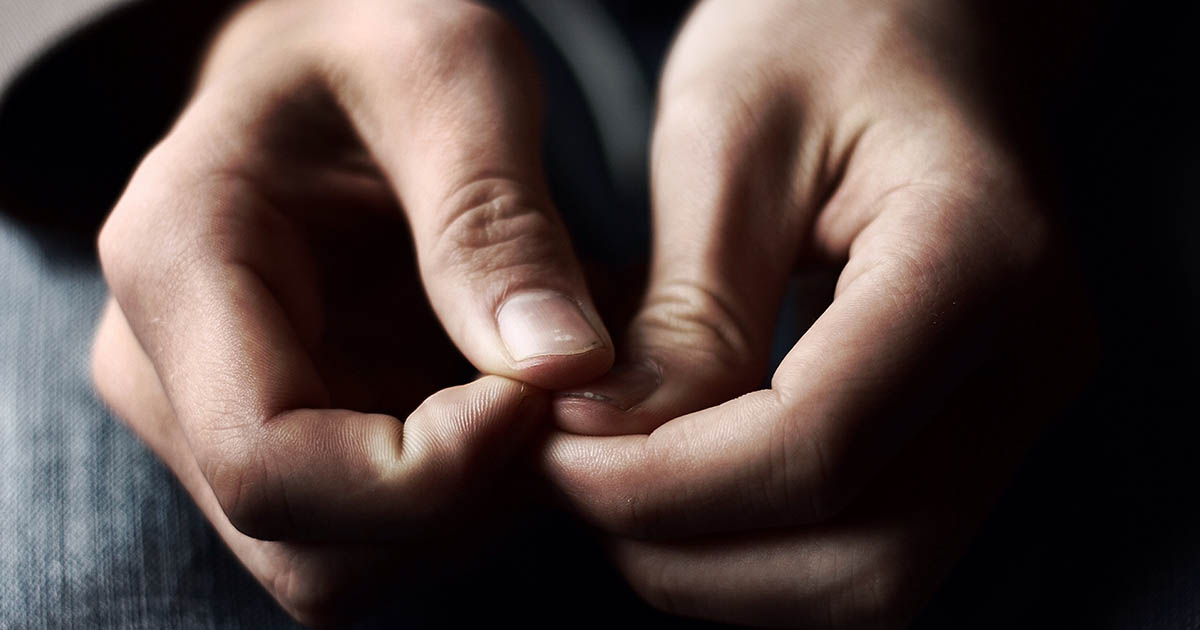What Are the Symptoms of a Panic Attack?
Many people who experience panic attacks report all or some of the following symptoms:
- Heart palpitations
- Feeling weak, faint, or dizzy
- Numbness or tingling in the hands and fingers
- Feelings of fear and terror
- A sense of impending doom or death
- Chest pains
- Difficulty breathing
- Sweating and/or having chills
- Feeling a loss of control
Panic attacks often subside just as quickly as they are brought on, usually lasting no more than 10 minutes at a time. Some symptoms may persist for a longer time, but the worst is over fairly soon.
Those who have experienced panic attacks in the past are at a greater risk for subsequent panic attacks, as compared to those who have no experience with them. If panic attacks occur frequently enough, an individual may have a panic disorder.
Understanding What a Panic Disorder Is
For those with panic disorder, panic attacks occur so often that they experience a persistent fear of when the next one will come. Since panic attacks come on suddenly and with little to no warning, this leaves the person in a constant state of anxiety, as they cannot predict when the next episode will happen or what will trigger it.
Symptoms of panic disorder are often first seen in early adulthood, with women being twice as likely as men to develop the disorder.
Although it is unclear what causes panic disorder, some speculate that there may be a biological component to one’s vulnerability to panic attacks. Some individuals begin to associate panic attacks with major life changes or lifestyle stressors, as it is during these times that panic attacks will often occur.
There has also been evidence that points to the possibility of panic disorder running in families. Like many other anxiety disorders, those who have panic disorder are more likely than others to also have depression, suicidal thoughts or attempts, or substance abuse issues.
Types of Anxiety Disorders
In addition to panic disorder, there are other anxiety disorders that negatively affect an individual’s ability to live their everyday life. In some cases, multiple anxiety disorders can be diagnosed within the same individual.
Some of the more common types of anxiety disorders include, but are not limited to:
- Social anxiety disorder, or social phobia
- Generalized anxiety disorder
- Obsessive-compulsive disorder, or OCD
- Hypochondriasis
- Post-traumatic stress disorder, or PTSD
- Agoraphobia
- Separation anxiety disorder
- Selective phobias
No matter what form of anxiety you may have, treatment can help. If your anxiety is interfering with your ability to work, go to school, maintain relationships, or another important aspect of your life, you can benefit from some form of anxiety treatment.
What Causes Anxiety?
The causes of anxiety are not entirely understood, although it is believed that life experiences – especially traumatic events – appear to trigger anxiety disorders within people who are prone to anxiety in the first place.
There are a number of risk factors that will increase your chances of developing an anxiety disorder, but none of these risks will guarantee its onset.
Risk Factors for Anxiety
Trauma, whether experienced or witnessed as a child or an adult, has a strong correlation with anxiety and will put you at a much higher risk of developing an anxiety disorder.
Stress plays a large role in the onset of anxiety disorders in many different ways.
If you have another, unrelated, serious health condition, the constant stress of dealing with that condition can trigger anxiety. The stress surrounding one large and important life event may be enough to trigger anxiety, just as the slow buildup of many smaller stressors can result in an anxiety disorder.
For some, anxiety disorders run in the family, making blood relatives more susceptible to anxiety themselves. Those who have other mental health disorders also have a higher risk of developing anxiety.
Others may simply have a personality type that lends itself to anxiety disorders, while some people can cause or worsen their anxiety with drug or alcohol abuse.

